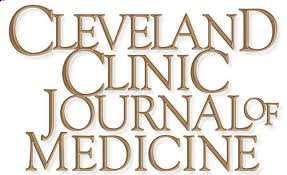The management of thiamine replacement in alcohol withdrawal syndrome requires careful consideration of patient risk factors and appropriate dosing strategies. This article presents evidence-based recommendations for identifying patients who need high-dose parenteral thiamine and outlines specific treatment protocols to prevent Wernicke encephalopathy, a potentially fatal complication that autopsy studies suggest is frequently missed during clinical evaluation.
Key Points:
- Provide high-dose parenteral thiamine to all patients with severe/complicated alcohol withdrawal, malnutrition, malabsorption, or ICU admission for withdrawal
- Risk-stratify using Caine criteria – any 2 of: dietary deficiencies, oculomotor abnormalities, cerebellar dysfunction, or altered mental state
- Oral thiamine absorption is reduced by up to 50% in chronic alcohol use, making parenteral administration necessary for adequate repletion
- Recommended dosing: 100-500mg IV/IM 2-3 times daily for 3-5 days; divided doses preferred due to thiamine’s 96-minute half-life
- Clinical improvement timeline: oculomotor symptoms improve within days; encephalopathy and ataxia resolve more slowly

HCN Medical Memo
Early recognition and aggressive parenteral thiamine replacement in high-risk alcohol withdrawal patients can prevent devastating neurologic complications. Use risk stratification criteria and divided dosing for optimal outcomes.
More on Alcohol/Liquor
 PATIENT EDUCATION
PATIENT EDUCATION  OBESITY/WEIGHT MANAGEMENT
OBESITY/WEIGHT MANAGEMENT  EXERCISE/TRAINING
EXERCISE/TRAINING  LEGAL MATTERS
LEGAL MATTERS  GUIDELINES/RECOMMENDATIONS
GUIDELINES/RECOMMENDATIONS 